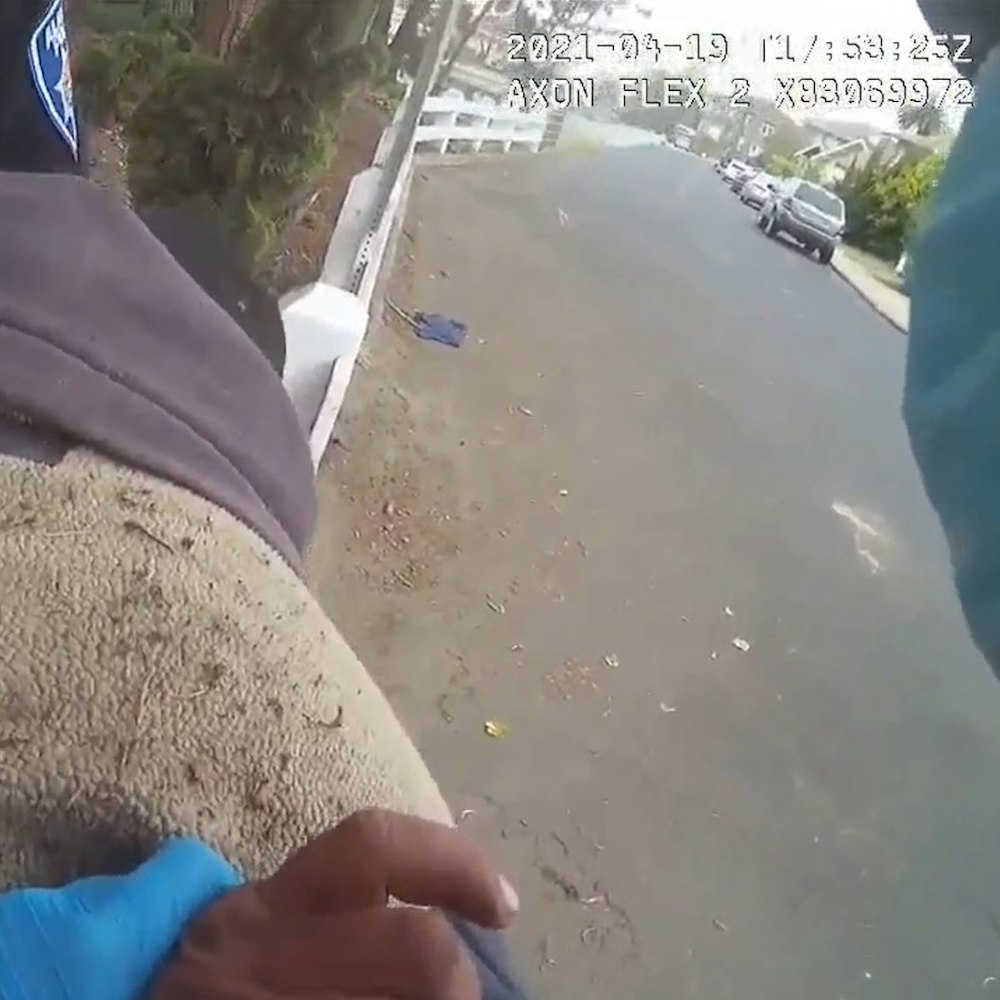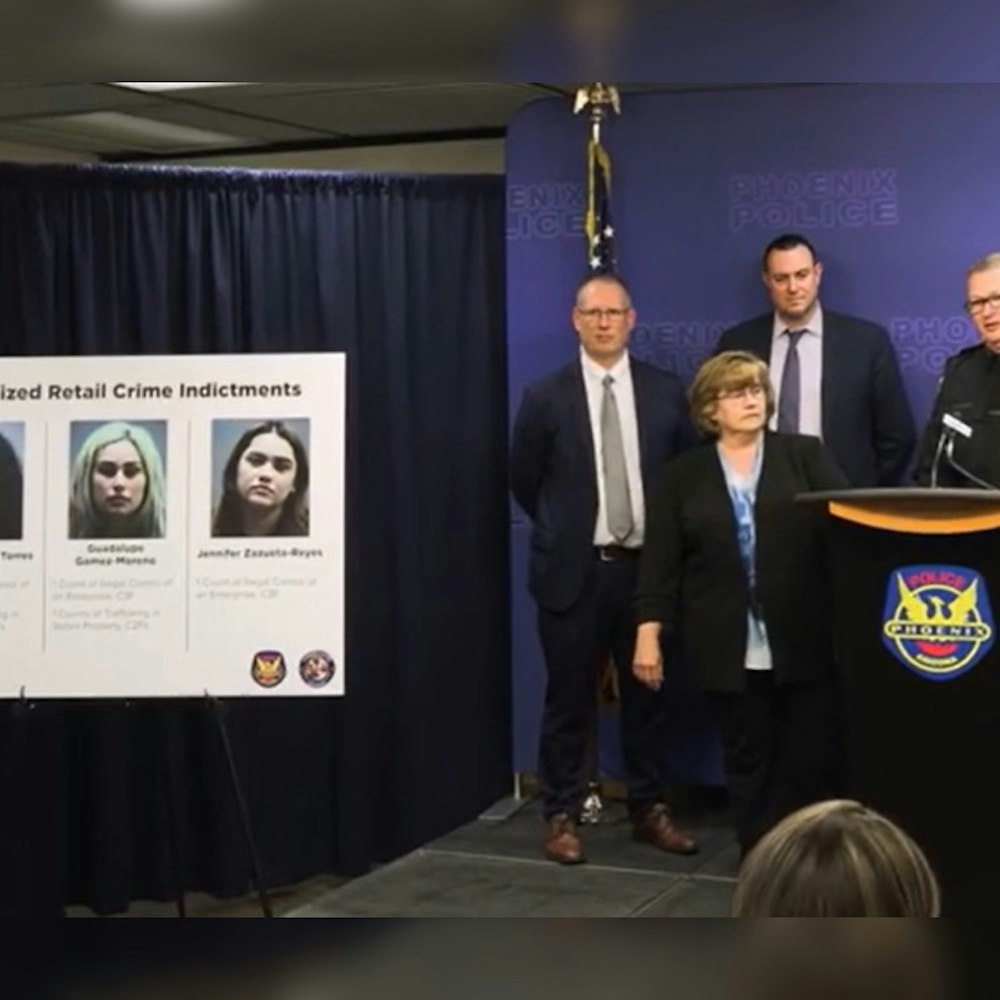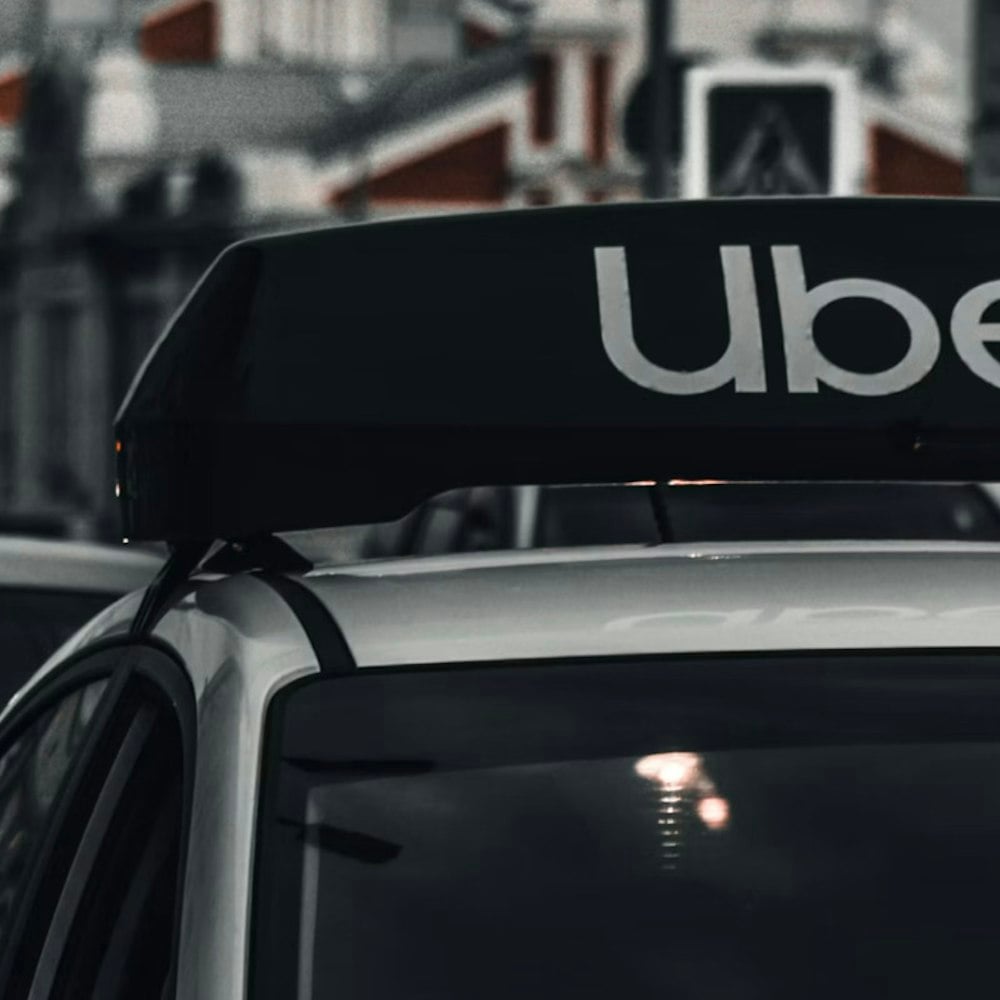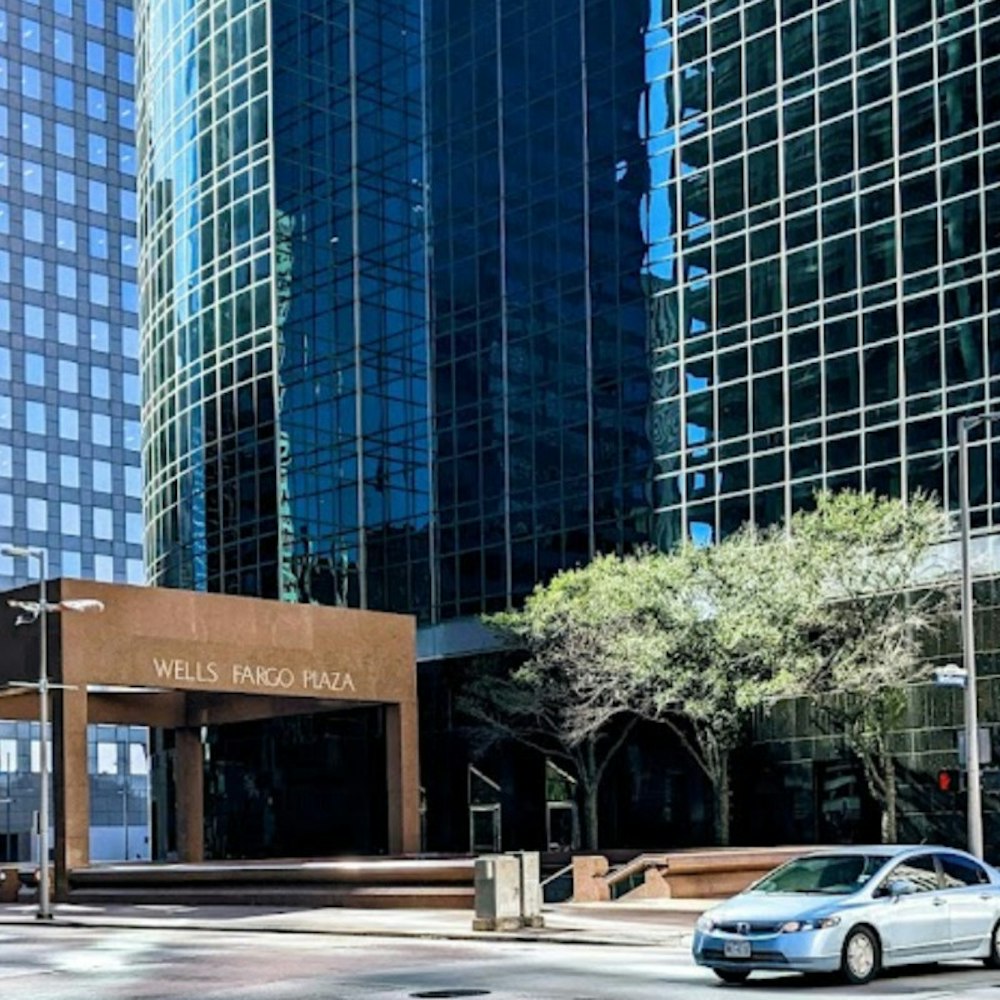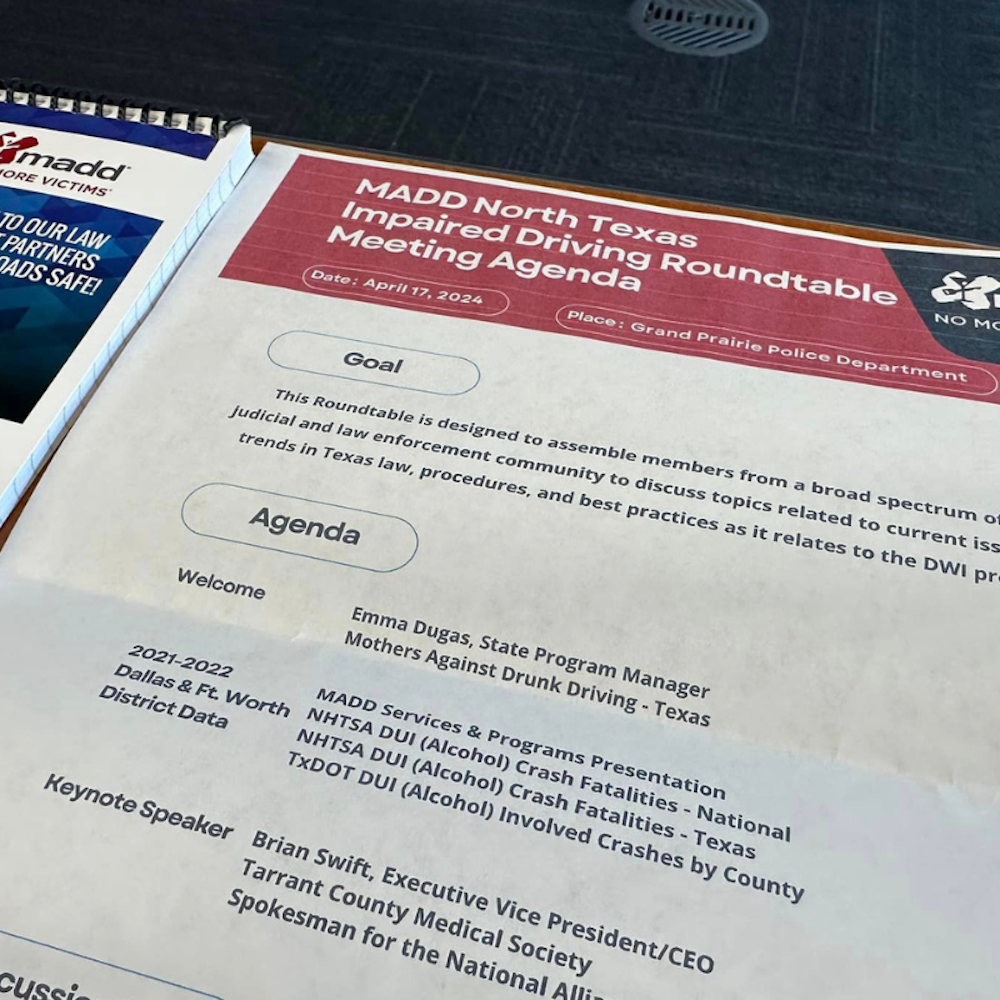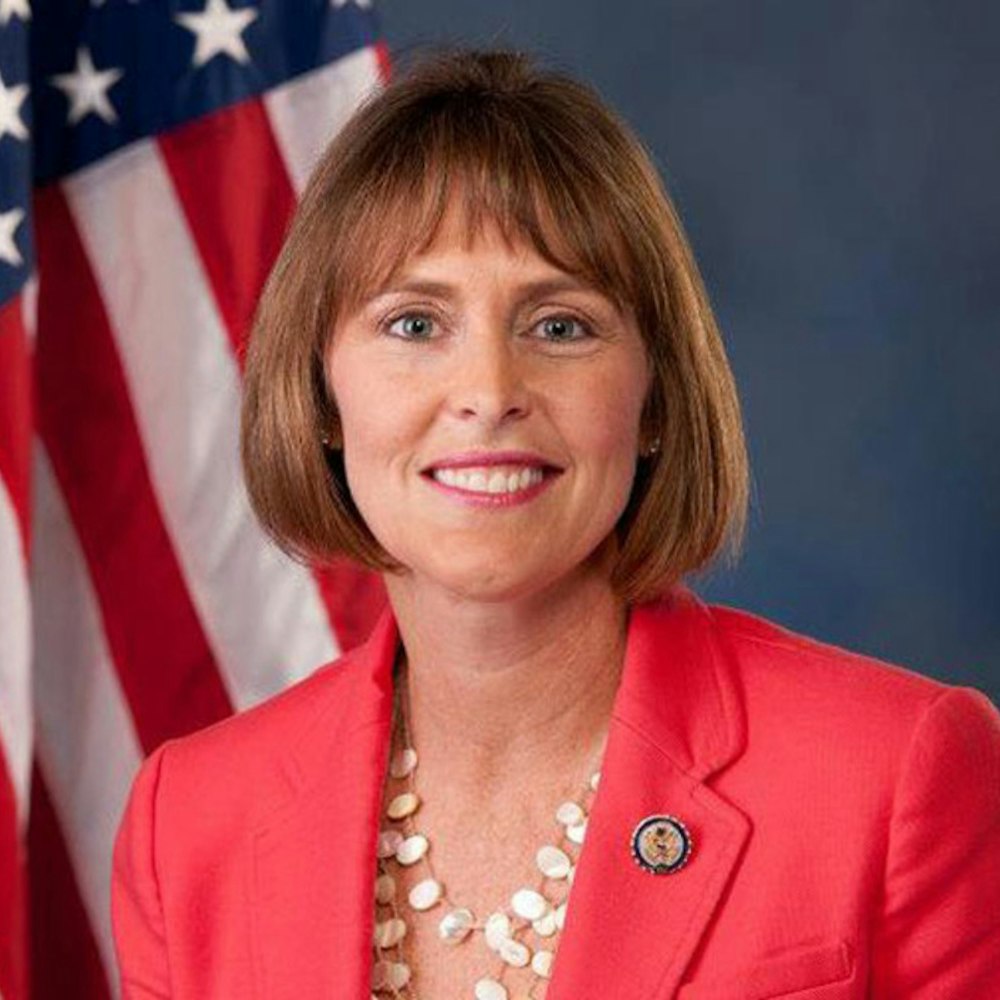.webp?max-h=442&w=760&fit=crop&crop=faces,center)
With San Francisco eyeing to set a city voting turnout record, the vast majority of local propositions on this year’s ballot are expected to win as votes continue being counted.
Across the state, Californians turned out in record-shattering numbers to vote in the 2020 general election yesterday. Here in San Francisco, the Chronicle reported at least 322,000 mail-in ballots had already been returned either by mail or by ballot on Monday, alone — setting the city up to beat a seven-plus-decades-old record. And as it stands now, the SF Department of Elections is showing, thus far, some 352,000 San Francisco residents voted.
Though we won’t know the exact number of votes cast in San Francisco in this election for some time, we do have an idea of what local propositions are likely to win... and lose.
Here’s a current breakdown of the current statuses on the dozen local propositions (plus one multi-jurisdictional one) on this year’s ballot.
Proposition A: Designated as the “mental health and parks” measure, this proposition aims to allocate $487.5M to City efforts helping homelessness, creating housing for the mentally ill and homeless, restoring and maintaining parks, and updating and completing infrastructure projects. Winning.
Proposition B: Per this measure, Public Works — which has found itself under a deluge of controversy and criticism over the past year — would evolve into two agencies. One agency would handle sanitation and street closings (“Department of Sanitation and Streets”), while others would oversee infrastructure projects and the management of them. Winning.
Proposition C: This charter amendment would recognize those without U.S. citizenship to serve on boards that advise SF City Hall on a wide range of issues, including housing, healthcare, and fiscal spending. Winning.
Proposition D: What some considered one of the two “baby steps” to reforming local police, this measure would create a seven-member Sheriff’s Department Oversight Board that would make policy recommendations to the SF sheriff and the Board of Supervisors; as well as another separate office (“Sheriff’s Department Office of Inspector General”) that would look into police killings, in-custody deaths, and both internal and external complaints against the San Francisco Sheriff's Department. Winning.
Proposition E: The other proposition on this year’s ballot that aimed to restructure San Francisco law enforcement, this measure would change the San Francisco charter stipulation that requires SFPD to have at least 1,971 full-duty officers, annually; the charter would also require the chief of police to submit a staffing report and proposal to the Police Commission every two years to justify the department’s need for less or more officers and funds; the SFPD would also need to hold a public hearing on the current staffing report. Winning.
Proposition F: If passed, Proposition F would initiate a complete overhaul of San Francisco’s business-tax structure — moving it way from the payroll tax, increase gross receipts business tax rates for some businesses, and allow small companies to legally side-step the business tax; this would also increase the number of small companies exempted from the business tax; local business owners and the SF Board of Supervisors alike believe the measure would help alleviate the massive budget deficit caused by COVID-19; the proposition was celebrated for how it could help financially buoy local small businesses through the pandemic. Winning.
Proposition G: This proposition garnered nationwide media attention for opening up the possibility that people as young as 16 could vote in local elections. Likely losing.
Proposition H: This measure aims to remove some of the permit roadblocks the City has in place that delay local business from opening or expanding; the proposition will also make it easier for eateries and retailers in the city to modify storefronts and shift business models in lieu of excessive red tape and review. Winning.
Proposition I: Known in some circles as the “Harvey Milk’s Real Estate Transfer Tax,” this measure — written by District 5 Supervisor Dean Preston — would increase the transfer tax on property sales that are valued at $10M-plus; Preston had mentioned in creating the bill that the absorbed funds would go toward creating more affordable housing units. Winning.
Proposition J: This one was simple and straightforward (and as the son of a teacher, should also garner uncontested support) — a parcel tax to increase the pay of public school teachers in San Francisco, which replaces 2018's legally contested Prop G. Winning.
Proposition K: This measure would affirm that the City of San Francisco can develop, own, build or rehab up to 10,000 units of affordable housing — but it does not provide a source of funding to see those buildings and fixings to fruition. Winning.
Proposition L: A tax measure sponsored by District 6 Supervisor Matt Haney, the "overpaid CEO tax" would tax companies where executives earn significantly more (100 times or more) than the rest of their workforce; the measure would impose at least a 0.1% of tax on gross receipts. Winning.
Proposition RR: This proposal to increase sales taxes one-eighth of a cent to provide bailout funds for Caltrain. Winning.
To find updated tallies and statuses on all of the above — including the results from the local District Supervisor and Board of Education races, state-level propositions, and other ballot measures — click here.
